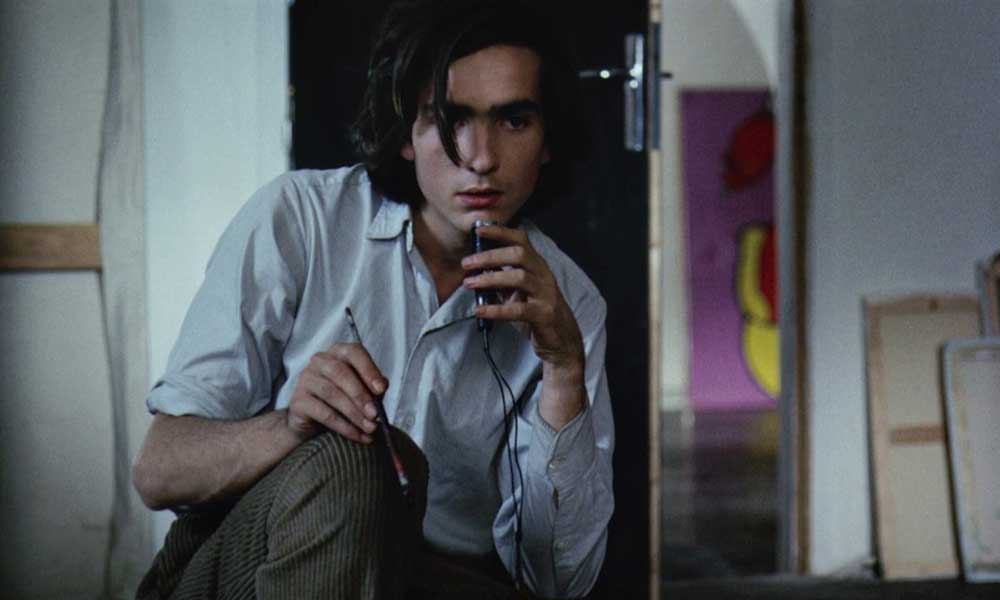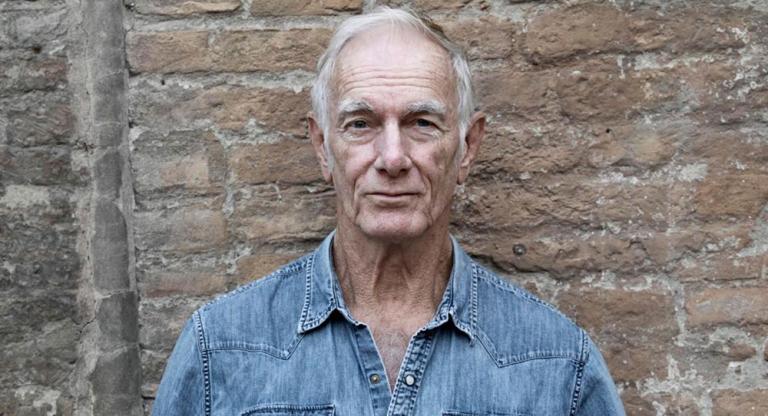Robert Bresson’s films often show us characters attaining beatific grace through suffering. Four Nights of a Dreamer, the director’s 1971 adaptation of Fyodor Dostoevsky’s early short story, “White Nights,” offers up a perhaps more relatable pain, that of youthful confusion and unrequited love. The 1848 story had been shot before in 1957 by Luchino Visconti, who gave audiences a more joyously expressive and sumptuously dark take on the work. Despite their enormous stylistic differences, both films achieve a masterful balancing act, showing us the life-affirming exuberance of love and the painful longing it brings.
More than in most of Bresson’s films we see his playful side at work in Four Nights of a Dreamer. Comedy was nothing new for the director; his first film, the 1934 short Affaires publiques, is a work of slapstick, and throughout his career, fleeting moments of a particularly Bressonian humor appear (a certain cut in Au hasard Balthazar, 1966, or a sly smile on Gauvain’s face in Lancelot du lac, 1974). In Four Nights of a Dreamer he creates sequences of pure visual comedy that would have been at home in the silent era. When an artist friend comes to visit Jacques, he hurriedly (and haphazardly) tidies his spare apartment, stowing his scant possessions, only for his guest to leave almost as soon as he has arrived. In another sequence, shot in a perfectly comic wide frame, Jacques’s attention is caught by one passing woman after another, causing him to abruptly change direction like a lost puppy. While the film offers much more than laughs, the sense that the director is having a bit of fun with his mopey protagonist and his “far out” milieu is apparent.
Along with the light comedy there is also some of Bresson’s most explicit eroticism. When Marthe tells the story of her love affair, we see sexual desire (replete with nudity) depicted with a frankness rare to the director’s work. It seems as if Bresson realizes that when exploring matters of the heart, rather than the soul, it's necessary to come down to earth. Indeed, the director himself appears caught up in the euphoria of young love, filling his film with music and painting. And the narrative frame—with its dreamy, reflective quality—evokes a kind of uncertain poetry that is more human than sacred.
Although there is something more approachable about the film than Bresson’s more austere works, there is still his characteristic formal rigor. Repetition is the clearest sign of Bresson’s increasingly radical formalism later in his career, a tendency which reached its zenith with Lancelot du lac’s exhilarating jousting sequence; in Four Nights of a Dreamer, he uses Jacques’s self taping and his labored and meticulous painting to create modernist patterns on screen. What makes the film so special, though, is that sincere yet modest emotions never disappear within these alien aesthetics.
Four Nights of a Dreamer is streaming on Le Cinéma Club through January 6.



